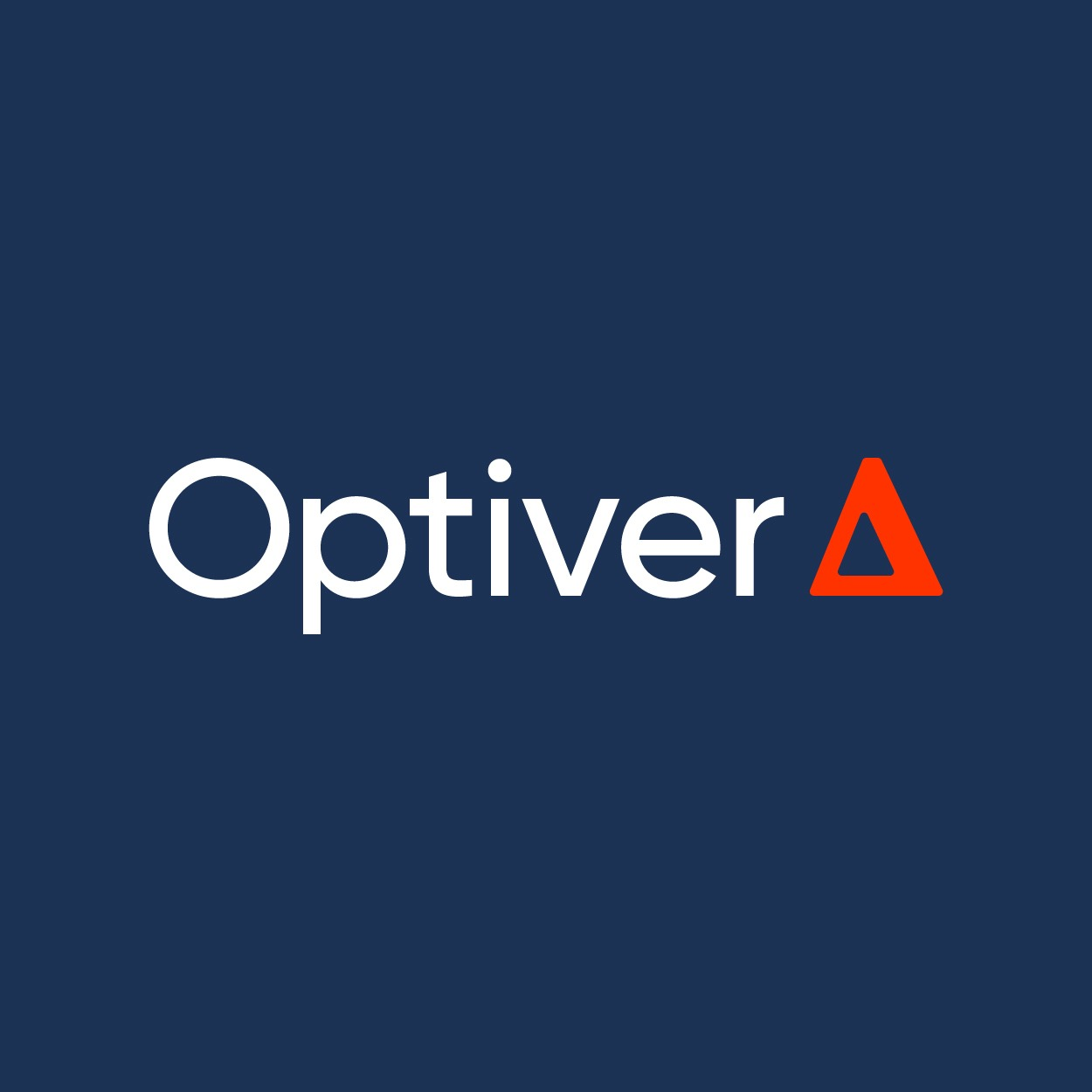
Optiver
Future Pricing II
Question Metadata
- Interview Type
- technical
- Company
- Optiver
- Last Seen
- Within the last month
- Confidence Level
- High Confidence
- Access Status
- Requires purchase
Purchase access to view the full interview question
Optiver's interview process is meticulously designed to assess both technical acumen and behavioral attributes, ensuring candidates align with the firm's collaborative and high-performance culture. The "Future Pricing II" problem evaluates a candidate's ability to design efficient algorithms, manage dynamic data structures, and apply object-oriented programming principles to real-world scenarios.
Core Competencies and Skills Evaluated:
-
Algorithm Design and Optimization: Candidates are expected to develop algorithms that efficiently handle updates and queries related to stock prices and dividends, demonstrating an understanding of time and space complexity.
-
Data Structures: Proficiency in selecting and implementing appropriate data structures, such as arrays, linked lists, or trees, to manage and update dividend information effectively.
-
Object-Oriented Programming (OOP): The problem requires the application of OOP principles, including encapsulation, inheritance, and polymorphism, to create a maintainable and scalable solution.
-
System Design: Understanding how to design systems that can handle real-time data updates and queries, ensuring low latency and high throughput.
Behavioral Traits and Problem-Solving Approaches Assessed:
-
Analytical Thinking: The ability to break down complex problems into manageable components and devise systematic solutions.
-
Adaptability: Demonstrating flexibility in modifying solutions in response to new information or changing requirements.
-
Communication Skills: Clearly articulating thought processes, design decisions, and the rationale behind chosen approaches.
-
Collaboration: While the problem is individual, Optiver values teamwork, so showcasing a collaborative mindset is beneficial.
Assessment Process Expectations:
Optiver's interview process typically includes multiple stages:
-
Online Assessment: An initial coding test focusing on algorithmic problem-solving and programming skills.
-
Technical Interviews: In-depth discussions covering system design, coding, and problem-solving approaches.
-
Behavioral Interviews: Evaluations of cultural fit, communication, and alignment with Optiver's values.
Candidates can expect a rigorous evaluation, with interviewers emphasizing clarity of thought, problem-solving efficiency, and the ability to communicate complex ideas effectively.
Preparation Recommendations:
-
Algorithm and Data Structure Mastery: Regularly practice coding problems, focusing on those that require dynamic data handling and optimization.
-
OOP Principles: Review and apply object-oriented design patterns to ensure solutions are modular and scalable.
-
System Design Concepts: Study system architecture, focusing on designing systems that handle real-time data processing efficiently.
-
Mock Interviews: Engage in mock interviews to refine problem-solving approaches and communication skills.
Evaluation Criteria and Technical Concepts:
-
Efficiency: Solutions should be optimized for performance, handling large datasets and frequent updates gracefully.
-
Scalability: Designs must accommodate future growth in data volume and complexity.
-
Maintainability: Code should be clean, well-documented, and easy to modify or extend.
-
Real-Time Processing: Demonstrating an understanding of low-latency data processing is crucial.
Optiver-Specific Expectations and Cultural Fit Considerations:
Optiver values candidates who are not only technically proficient but also align with the firm's culture of collaboration, transparency, and intellectual curiosity. Demonstrating a proactive approach to learning, a passion for financial markets, and the ability to thrive in a fast-paced, team-oriented environment will resonate well with interviewers.
By focusing on these areas, candidates can effectively prepare for the "Future Pricing II" problem and align their skills with Optiver's expectations.
Other verified questions from Optiver